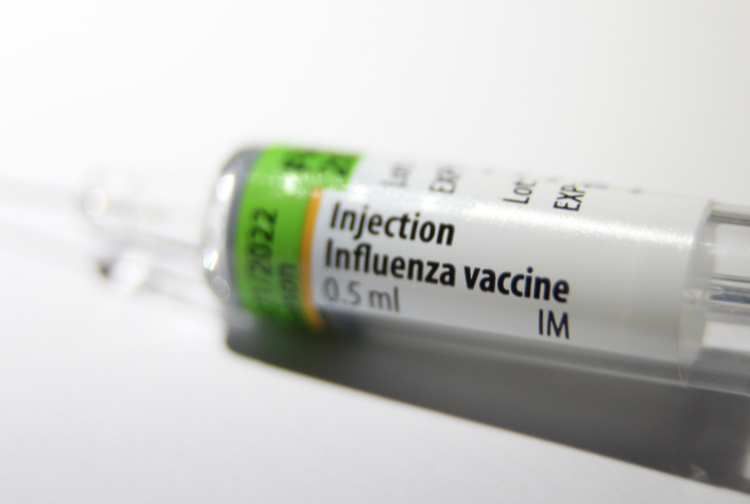
The links between heart health and chronic stress
April 18, 2024 VCU’s Rodney the Ram has his blood pressure taken at a Pauley Heart Center event. Stress can negatively impact your blood pressure in the short and long term.
VCU’s Rodney the Ram has his blood pressure taken at a Pauley Heart Center event. Stress can negatively impact your blood pressure in the short and long term.
Here’s one thing we can all agree on: nobody likes the feeling of stress. And even though stress starts in the mind, it can wreak havoc in your body as well. Some people experience stress in their body as a stomachache, tense muscles, or a headache. What you may not know is that when you feel stress, there’s more going on inside your body than you can actually feel, and these internal stress mechanisms can put your heart health at risk, especially when the stress is ongoing, or chronic.
We recently sat down with Moriah Bellissimo, PhD, a postdoctoral researcher at the VCU Health Pauley Heart Center, and Edward Lesnefsky, MD, a cardiologist for the Richmond VA (Veterans Affairs) Medical Center and the Pauley Heart Center, to discuss the relationship between stress and heart health; Bellissimo and Lesnefsky are a part of the Pauley Heart team currently studying how chronic stress impacts heart health through a $5 million grant from the American Heart Association. According to Bellissimo, when stress causes your breathing to quicken or your skin to break out in a sweat, researchers can see a change in biomarkers that correspond with heart health. In other words, researchers have actually witnessed the negative effects stress can have on the heart’s ecosystem.
Of course, in moments of stress, it may be difficult to take a step back and consider the broader implications of your fight or flight response – after all, you’re in fight or flight response mode! What’s more: stress may make you more likely to turn to less healthy food choices, or to skip physical activity, because research shows that stress can also affect decision-making. Chronic stress makes us more likely to choose “high-risk, high-reward” options, such as tobacco or alcohol consumption. Unfortunately, skimping on nutrition and exercise, smoking, and alcohol abuse can all exacerbate both stress, and heart health, in the long run. Finally, in what is another “vicious cycle” of sorts: If you’ve already had a cardiac event, stress can also be a roadblock in the path to recovery. But, according to Bellissimo, the good news is that “because this interaction is bidirectional, many things that help the heart can also lower your stress.”
So, what can we do about all this? Bellissimo and Lesnefsky both note that it is important to consider that when you are managing your stress, you are also managing a risk factor of your overall heart health, and there are many ways to go about doing so. According to Lesnefsky, exercising regularly is a big one. “Exercise is not necessarily going out and becoming a competitive athlete or running a 10k, but starting to move around and be dedicated, getting up and taking a 30 minute walk multiple times a week,” he explained. “Mild to moderate level of exercise has increasingly been shown to have benefit.” He also suggests relaxation techniques like meditation. “Some people snicker when one talks about meditation,” he said, “but these sorts of approaches can also be important and need to be integrated in a whole health perspective.” Research shows that prioritizing your sleep and forging meaningful personal connections with others are also great ways to keep your stress down and your heart healthy.
There is, of course, one last thing that can help with stress. That is--you got it-- brunch! April is not only Stress Awareness Month – it’s also National Brunch Month! So don't worry when you sleep in this weekend to keep your hearth healthy and your stress low. You’re not too late for breakfast, nor too early for lunch. Go meet a friend and have a nice brunch!



